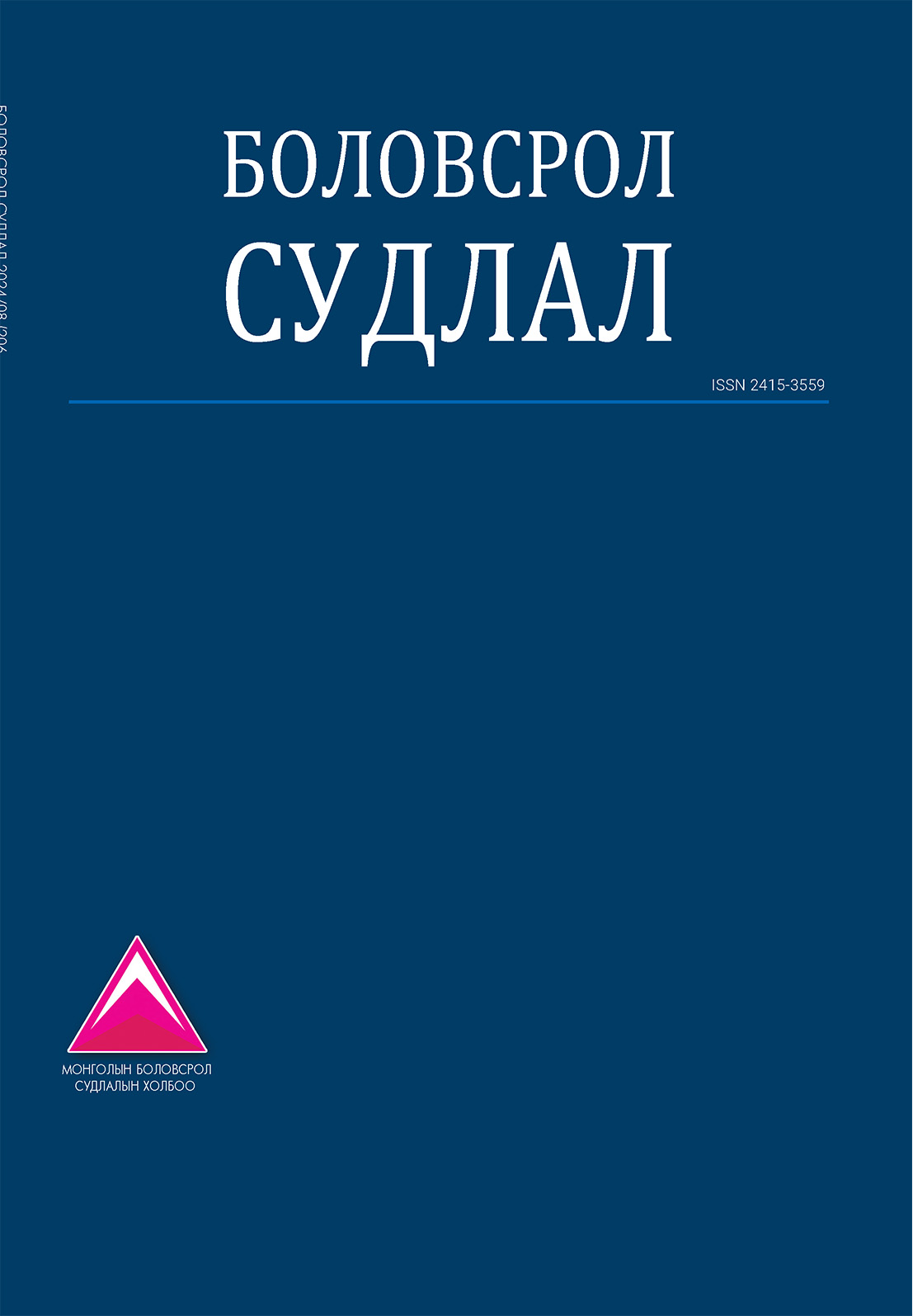Development Needs of Professional English Teachers: SWOT/TOWS Analysis
DOI:
https://doi.org/10.65168/Keywords:
Professional Development Teaching Methodology, Technological Integration, International Collaboration, Institutional Support, Adaptability to ChangeAbstract
This study aims to identify the professional development needs, opportunities, and challenges English teachers face in universities. The research involved 17 teachers who held a master’s degree or higher and had a minimum of 6 years of teaching experience. A SWOT analysis revealed that teachers’ work experience, educational background, and commitment to continuous learning are key strengths. However, limited use of technology, the need for updated teaching methodologies, and insufficient institutional support for professional growth were identified as weaknesses. The TOWS analysis proposes the following strategies: engaging experienced teachers in curriculum innovation, expanding international collaborations, integrating technology into teaching, enhancing institutional support, and providing flexible learning opportunities. Implementing these measures will enhance teachers’ professional competencies, improve teaching quality, and accelerate students’ learning outcomes. To enhance the quality of English education in business schools, a sustainable development program combining technology, innovative teaching strategies, and institutional support is essential.
References
Avalos, B. (2011). Teacher professional development in Teaching and Teacher Education over the past ten years. Teaching and Teacher Education, 27(1), 10–20.
Awad Alhassan. (2021). Challenges and Professional Development Needs of EMI Lecturers in Omani Higher Education. SAGE Open, 1-12.
Darling-Hammond, L., Hyler, M. E., & Gardner, M. (2017). Effective Teacher Professional Development. Learning Policy Institute. Palo Alto, California, USA: Learning Policy Institute.
David Clarke, Hilary Hollingsworth. (November 2002). Elaborating a model of teacher professional growth. Teaching and Teacher Education, Volume 18, Issue 8, Pages 947-967.
Framework, U. 2. (2021). Professional Development Standards for University Teaching. Birmingham, UK: Universitas 21.
Jiafan Cao, G. B. (2023). The digital edge: examining the relationship between digital competency and language learning outcomes. Frontiers in Psychology.
Li, S. Y. (2019). The Influence of Teachers' Professional Development Activities on ICT Integration in Mongolian Primary Schools. Education Sciences, 9(2), 78.mn.usembassy.gov. (огноо байхгүй).
Mongolia, U. E. (n.d. ). English Language Mentor Teacher Training Program. English Language Mentor Teacher Training Program. : https://mn.usembassy.gov-ээс Гаргасан
Muttaqin, S. (2022). Professional Development for English-medium Instruction Lecturers: A Critical Review. Proceedings of ICOLLEC 2021 (1st International Conference on Language, Literature, Education and Culture). Malang, Indonesia.
OECD. (2023). OECD Digital Education Outlook 2023: Towards an Effective Digital. Paris: OECD Publishing.
Talitha C. Visser, F. G. (2013). Evaluating a Professional Development Programme for Implementation of a Multidisciplinary Science Subject. Journal of Education and Training Studies, 89-102.
Thi Kim Anh Dang, Gary Bonar, Jiazhou Yao. (2021). Professional learning for educators teaching in English-medium instruction in higher education: a systematic review. Teaching in Higher Education, 840–858.
Yarema, S. L. (2015 оны May). The Impact Of A Professional Development Program On Teachers' Practice And How Context Variables Influenced Such Practice: A Case Study. https://www.researchgate.net/publication/282914361-ээс Гаргасан
Zuo, Y. (2019). A Review of the Research on the Development of Business English. Universe Scientific Publishing, 192-195.
Zuo, Y. (2019). Research on Business English Teachers' Professional Development in the Context of International Trade. Journal of Language Teaching and Research, 10(2), 287–293.
Б.Алтангэрэл. (2019). Багшийн хөгжил хөтөлбөр: Бодлогын баримт бичиг. УБ.
БШУЯ. (огноо байхгүй). Багшийн тасралтгүй хөгжлийн бодлого, зохицуулалтын баримт бичгүүд. https://edu.gov.mn. Улаанбаатар: БШУЯ.
МУИС. (2019). Багшийн мэргэжлийн хөгжлийн хэрэгцээ ба үнэлгээний судалгаа. Улаанбаатар: МУИС пресс.
ШУТИС. (2021). Багшийн хөгжлийн талаарх судалгааны тайлан. Улаанбаатар: ШУТИС.


